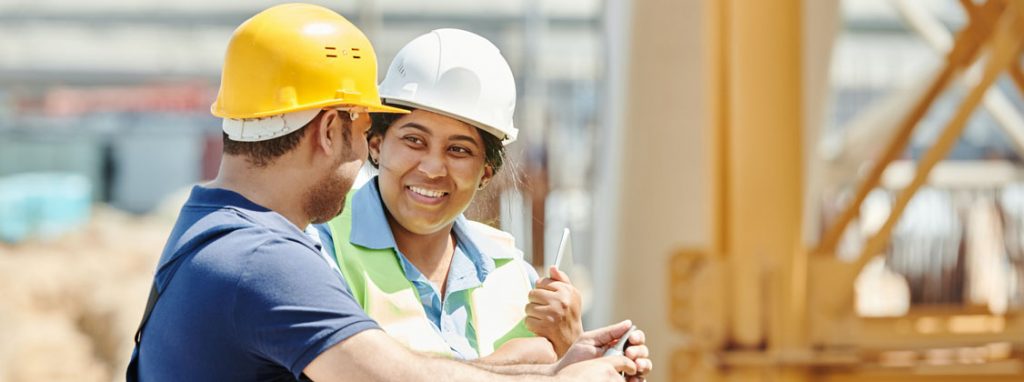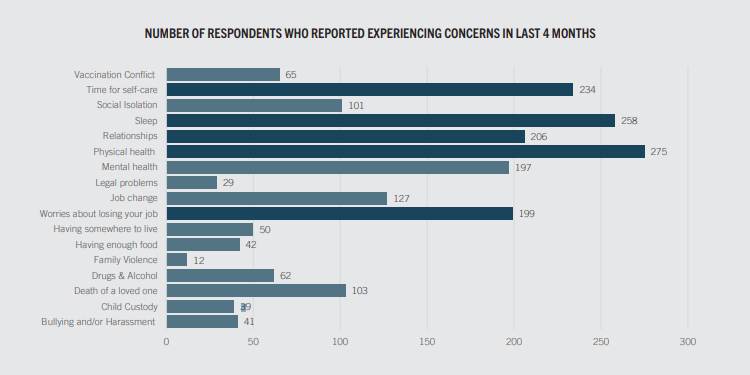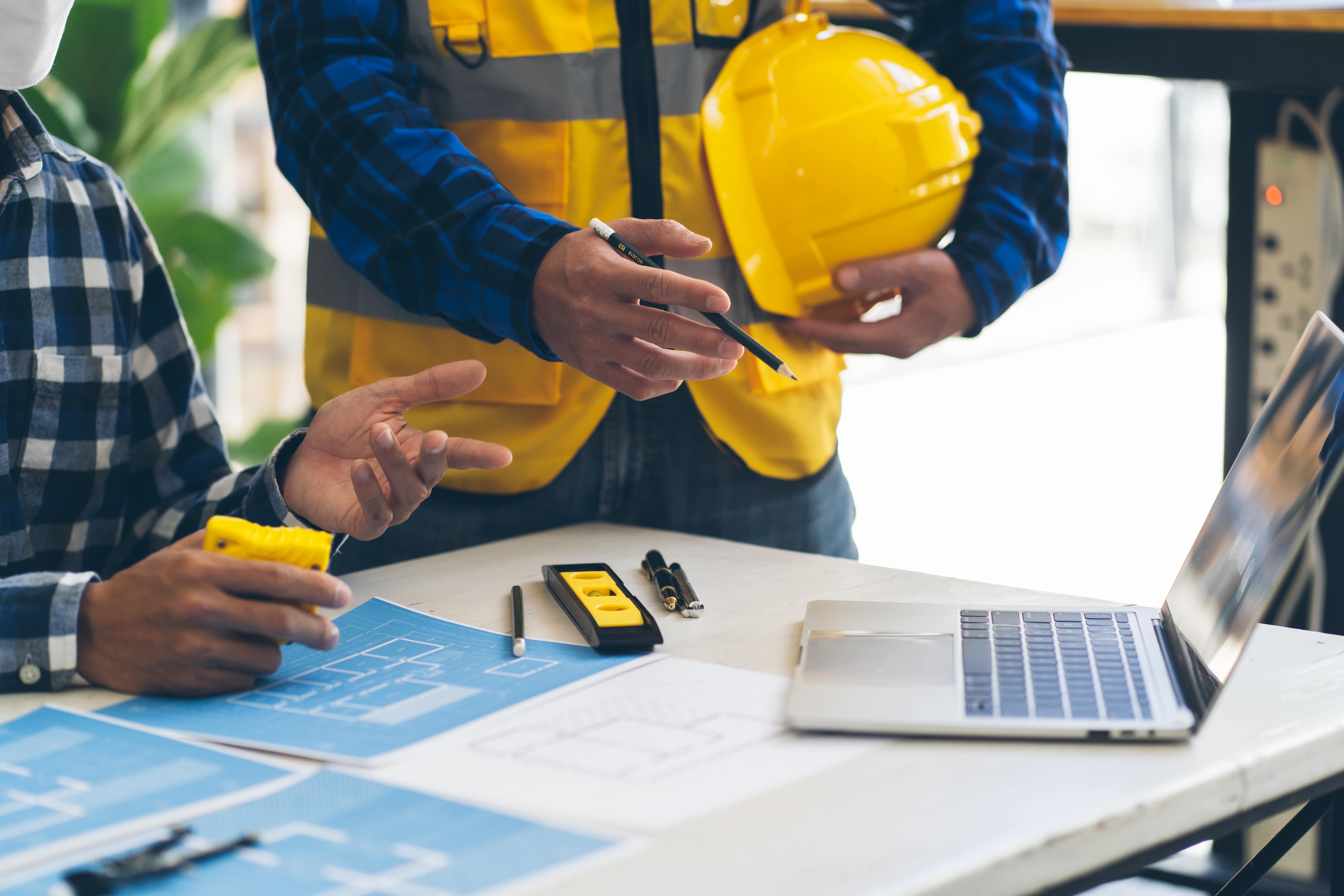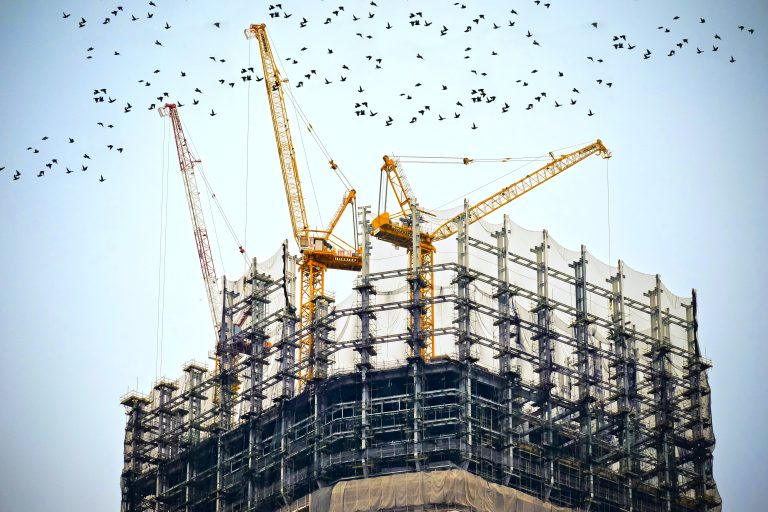Construction worker wellbeing

Construction loses more workers to suicide every year than any other industry across New Zealand and Australia.
Construction is an exciting and challenging industry but it faces a multitude of challenges for workers and their mental health and wellbeing. Contributing factors include long-hours, a stoic masculine environment and for some, uncertainty in job security. Adding to these factors (post the Covid19 pandemic) include a labour shortage, inflation and the rapidly rising cost of living adding to the pressure of home and work-life.
A recent wellbeing survey conducted by MATES in Construction has provided some very important mental health insights.
The results of the survey, conducted in September 2022, show that even though the pandemic is over the industry is still in crisis.
Many workers reported high levels of anxiety and lower levels of resilience.
Some insights from the 700 worker respondents:
- Their mental health had been worse than in the previous year
- An increase of workers reporting that the last 12 months had been the most difficult time in their life.
- A slight increase in workers seriously considering ending their own life from 4.5% in 2021 to 5.5% in 2022
- Two out of every 10 workers felt very dissatisfied with their work over the last 4 months
- Office workers reported that their employers checked in more often than their site-based counterparts.
- Almost half of office based staff reported that they had been checked up on compared to only 25% of site-based staff.
- Workers in the younger age bracket reported higher rates of poor mental health over their older age-group counterparts.
- The top-5 areas of concerns for respondents were (1) Physical Health (2) Sleep (3)Time for Self-Care (3) Relationships and (5) Worries about Job-Loss
- 74% of workers reported having little interest in things that they like doing
- 66% reported feeling down and depressed
- 88% reported feeling tired and having little energy
Of the close to 700 respondents the following data was collected.


References:
MATES in Construction NZ.
Why You Need to Make Time for Self-Care.
Pushing yourself up on the to-do list could mean less stress, improved overall health and a far greater quality of life.
Taking time to relax and de-stress can mean an improvement in your mood, brain function and memory. Relaxation will allow your mind and body to repair itself.
You will lower the risk of onsite accidents and anxiety while sharpening your concentration.
Making time for self-care
If you’re waiting for your schedule to open up so you have some time to indulge in a little self-care, you might be waiting for a while. To be successful with your self-care routine, you have to schedule it like you would anything else in your life. Prioritize yourself. Still don’t feel like you can spare the time? Try these tips:
Break it up. You don’t need to spend several uninterrupted hours per day on yourself. Of course, that would be nice, but it’s not necessary to see the benefits of self-care. Go for a walk in the evening after dinner. Turn off the radio during your commute home so you can think. Read a book or magazine that you’ve been wanting to read. Listen to Podcasts where you can learn more about your passions.
Wake up a little earlier. One area that most of us loathe to give up is our sleep. While sleep is important, if you are finding that you are not getting enough “me time,” you may benefit from waking up a few minutes earlier to have a quiet moment to yourself. Make yourself a good-hearty breakfast, prepare a healthy homemade lunch to avoid eating pies and foods high in fat, sugar and salt which are generally easily obtained near construction sites. Don’t short change yourself of sleep. Set an alarm to tell you to go to bed all that much earlier in the evenings. Sleep experts empathise that getting up at the same time every day is one of the best methods of regulating your sleep pattern so avoid irregular wake up times.
Make time to exercise. Choose something you enjoy. Part of any self-care routine should be to get your body moving. Think about what you love and enjoy doing. Then, prioritize that type of exercise. For some it may be lifting weights, for others it may be walking the dog, jogging or cycling. The key is to schedule regular movement in your day to day schedule. Cardio exercise will pump much needed oxygen to all of your organs while releasing endorphins which are the body’s natural feel-good chemicals. Endorphins help relieve pain, reduce stress and improve your sense of well-being.
Ask for help. It’s not easy—but part of taking care of ourselves means recognizing when we can’t do it all. Ask your coworker to take on part of a big project. Look to get away from time to time on the weekends to spend time with friends, family and loved ones. Look to destress at the end of each day by confiding in a friend or family member, sharing your challenges and small victories.
Spend time in nature to reconnect with yourself, clear your thoughts and prioritise your wellbeing.
Reference:
MATES in Construction NZ.
Aim to Thrive.
www.aimtothrive.nz


